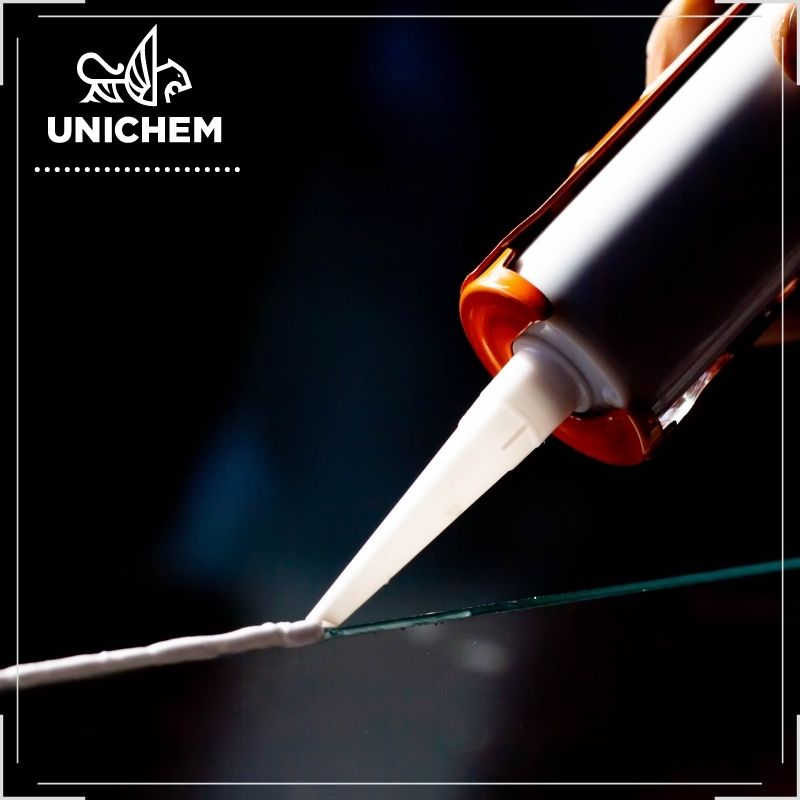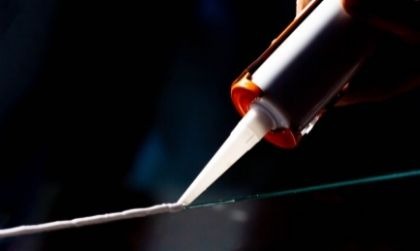
Industrial adhesives provide manufacturers with many benefits such as improving product durability, providing operational efficiencies, and enhancing design options. Adhesives manufactured with advanced technologies rarely result in bond failure, although adhesion failure does still occur. It is important to get to the root causes of adhesive failure which can be from a number of different factors.
Adhesion Failure Versus Cohesion Failure
When bonding substrates, adhesive failure occurs when substrates de-bond and separate prematurely. There are basically two types of adhesive failure, adhesion and cohesion failure. Adhesion failure occurs when the adhesive fails to attach to the substrate and appears to have separated from the substrate. Cohesion failure occurs when the adhesive itself fails and experiences cracks, fractures or splits but is still attached to the substrate.
The following are the most common causes of adhesion and cohesion failure:
1) Poor surface preparation – preparing the surface for an adhesive application includes cleaning and abrasion treatment methods. Over or under abrading can cause surface inconsistencies which may create low surface energy and result in adhesion failure. The adhesive manufacturer can verify the proper preparation techniques which are compatible with the substrate.
2) Contamination – Failure to thoroughly clean the surfaces of substrates and automated application equipment to be free from all dirt, oil, grease, or dust is a common cause of adhesion failure. Contaminants may also migrate into the adhesive itself and alter the properties which causes cohesion failure.
3) Environmental conditions – unexpected changes in environmental conditions such as changes in temperature causing extreme heat or cold fluctuations may cause bond failure. Changes in humidity, oxygen or carbon dioxide levels can be the cause of adhesion failure. The adhesive manufacturer can help to provide specifications and testing to verify the performance of the adhesive in varying environmental conditions.
4) Moisture – changes in humidity and the introduction of moisture can affect bonding performance. Moisture can be inadvertently introduced into the product or process through changes in environmental conditions or improper handling and storing.
5) Improper adhesive curing – adhesives cure under specific conditions and actions such as air flow, temperature, time, and pressure applied during the application. Adhesive failure is possible when poor control of work processes causes any or all requirements to not be met.
6) Application technique – consistent application to the substrate with the correct amount of adhesive applied in all areas is important to prevent bonding failure. Automated processes such as coil coating provide much more consistent applications over manual applications.
7) Substrate Compatibility – incompatibility between the substrate and the adhesive is another common cause of adhesive failure. The adhesive manufacturer can help you choose the appropriate adhesive for the substrates being joined and for the application. Considerations include the processing environment and the end-use and life of the product. This is important because some products like plastics for example, have plasticizers that could begin to seep into the surface over time and cause adhesive failure. Using the right adhesive with correct pretreatment processes can prevent this from happening.
These are the most common causes of adhesive failure, although consulting with an experienced industrial adhesives manufacturer can help you to determine the root cause of bonding failure in your application.
Troubleshooting Causes of Adhesive Failure
Universal Chemicals & Coatings, Inc., UNICHEM, helps our customers to troubleshoot and get to the root causes of industrial adhesive failure. We offer product and process analysis to manufacturers and coil-coating companies to dive deeper into adhesion and cohesion failures that offer robust, reliable solutions. UNICHEM is a leading supplier of uniBOND® industrial adhesives found in a variety of applications and industries with custom chemistry solutions to meet your specifications. We are ISO9001:2015 certified and follow strict quality policies including proprietary quality procedures.
UNICHEM offers uniBOND® fiber composite adhesive, uniBOND L VINYL adhesive, polyethylene, polypropylene, and PVC adhesive solutions. We are a custom coatings and chemical manufacturer with state-of-the-art research labs and facilities. Contact us to speak with an engineer for troubleshooting causes of adhesive failure and for reliable adhesion solutions.


